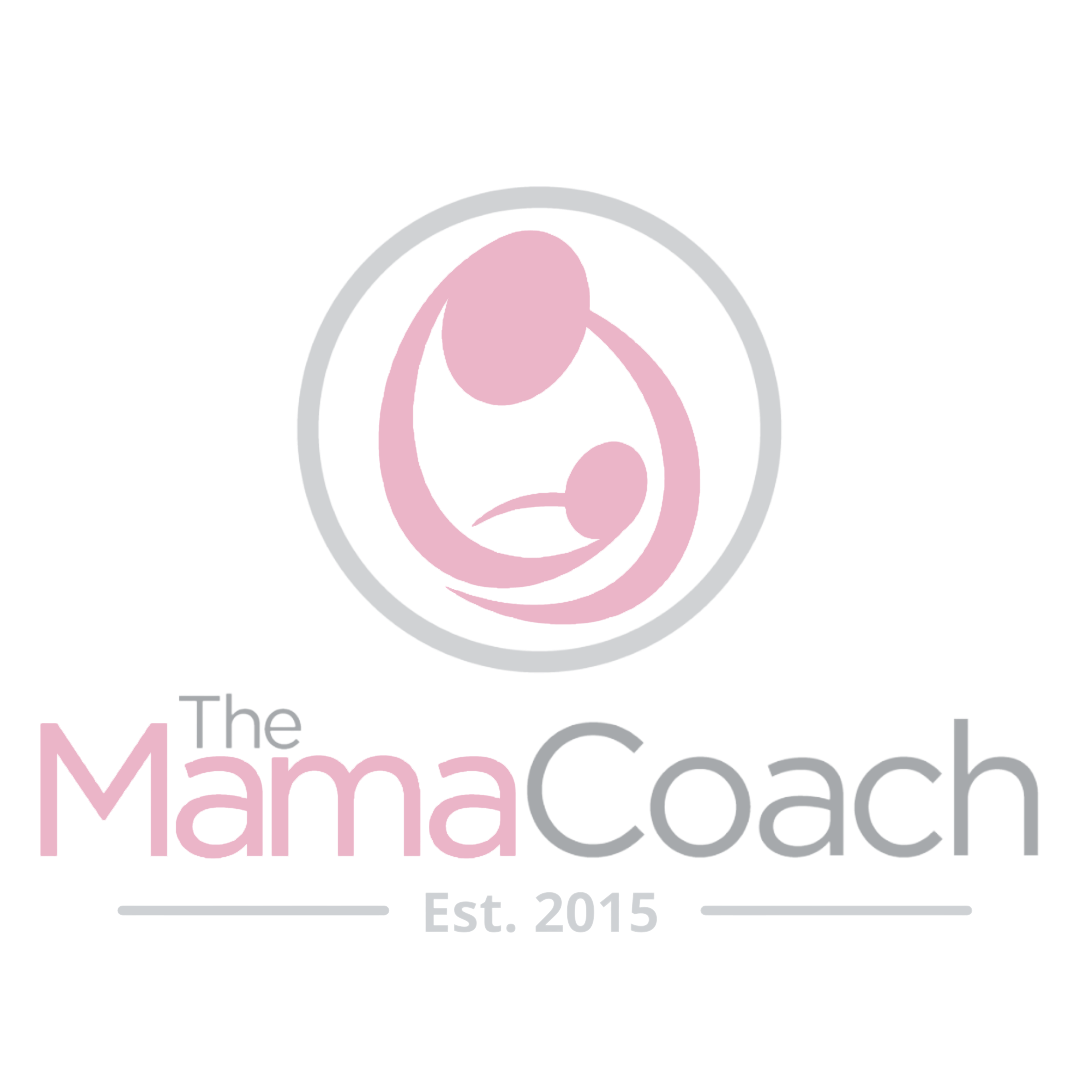Let’s go back to when our parents had babies. How many new parents have been told that they need to start their baby on rice cereal to help them sleep through the night? I heard this from my own mother when my daughter was 12 weeks old! This concept seemed crazy to me and I remember thinking that she could barely roll over, never mind eat solid food. To be fair though, this is the information older generations were told by doctors and parenting books.
Does rice cereal help babies sleep better?
Looking back at the history of breastfeeding recommendations, rice cereal was often used around 2 or 3 months of age to help fill a baby to the brim before bed. Most babies were not breastfed, but rather formula fed as soon as mothers perceived their milk supply to be diminishing, often around 3 months postpartum. We know now, this is a myth. You may not be engorged once your baby starts to regulate your milk supply, but this does not mean that your milk supply is low. Many mothers were taught by healthcare providers that rice cereal has more nutritional content than breast milk or formula and that putting rice cereal in a bottle will help babies sleep better. This is also a myth. The American Academy of Pediatrics (AAP) now officially advises against putting rice cereal in a bottle because it can increase a baby’s risk of choking, and may lead to excessive weight gain. There is also some concern about the amount of heavy metals in rice cereal if an infant is consuming a significant amount.
The Calorie Cup
Think of a 24-hour period as a big cup of calories. Infants are excellent at regulating their intake. This means that babies will take as much as they want and need to meet their caloric needs, whether that is during the day or at night. Newborn babies need to eat 8-12+ times in 24 hours because they use a lot of energy during the first few months just simply growing! Eating uses a lot of energy for newborns, and they require replenishment often so that they can keep up with their metabolic needs. As they get older and are better able to manage their awake time, infants will eat less frequently and typically consolidate their feeds to the daytime.
An Effective Feed
Babies who are 12+ weeks of age sometimes develop a feed-to-sleep association that encourages a lot of night feeding. The important piece about night feeding is to watch for effective feeds, either from the breast or from the bottle. Watch for long, drawn-out sucks and swallows, and if your baby is suckling in a flutter motion, he is likely trying to put himself back to sleep.
When babies take multiple ineffective feeds overnight, the breastfeeding mother will have multiple letdowns of milk, and a baby will fill up their calorie cup with cozy nighttime feeds, and rightfully so! Who wouldn’t turn down the opportunity to have their mom put them back to sleep with the help of a full tummy, especially when there are so many amazing things to explore during the day? This can become a vicious circle for moms with active babies. Babies feed all night so they are not as interested during the day, which means they continue to eat all night and the cycle continues.
When should I start solid food for my baby?
The AAP recommends starting solid foods based on readiness signs, typically around 6 months of age. Your baby may be ready for solid food when they:
- can fully support their head in an upright position (not just in a support chair like the Bumbo),
- are no longer pushing food out of their mouth with the thrust reflex
- are interested in actually tasting food — meaning they open their mouth when food is near
There is no evidence to support that solid food is of any more nutritional value than breastmilk or formula before 6 months of age. There is also no research to support that the early introduction of solid food can help a baby sleep longer. Instead of starting solids at 3 months old, focus on effective daytime feedings, and end night feedings once your baby moves from an active suck to a passive suck. If your baby wakes up again shortly after a night feeding, try other methods of soothing before feeding right away.
If you are exhausted and looking for answers to your baby’s sleep challenges, reach out to your local Mama Coach! We offer individualized sleep coaching packages that include a comprehensive feeding assessment.








